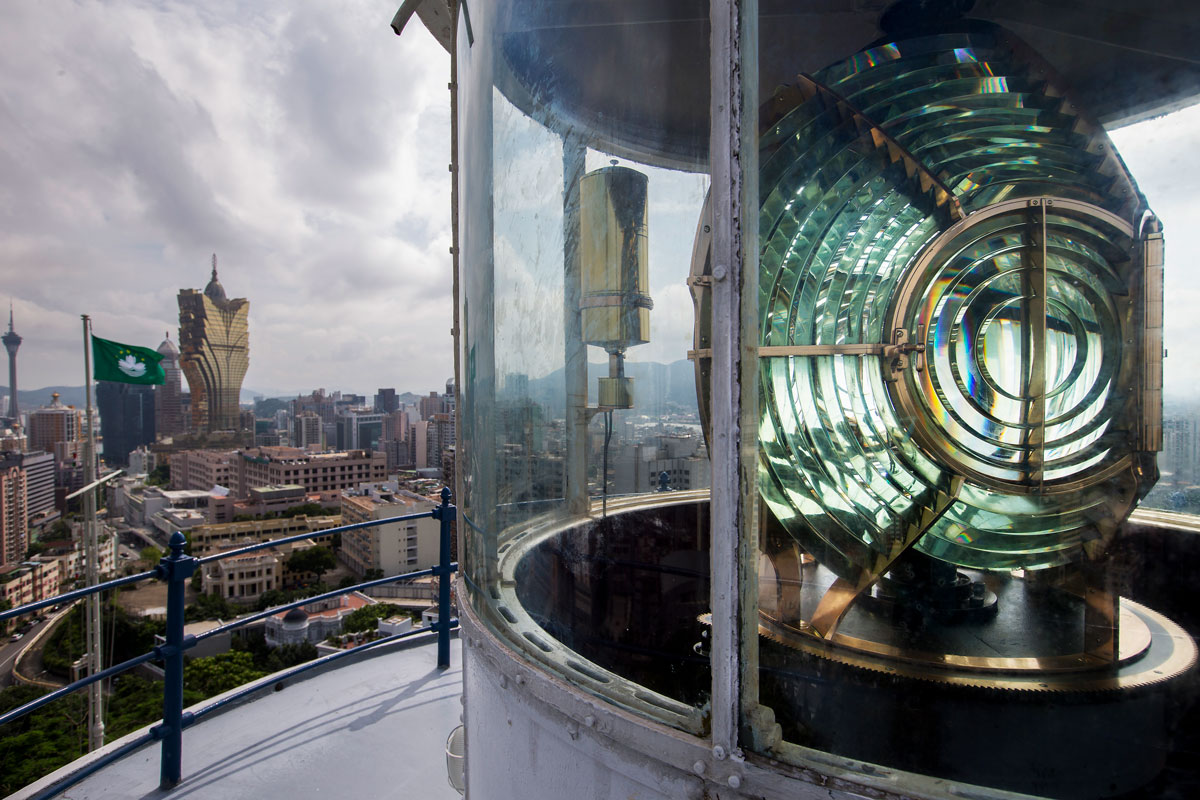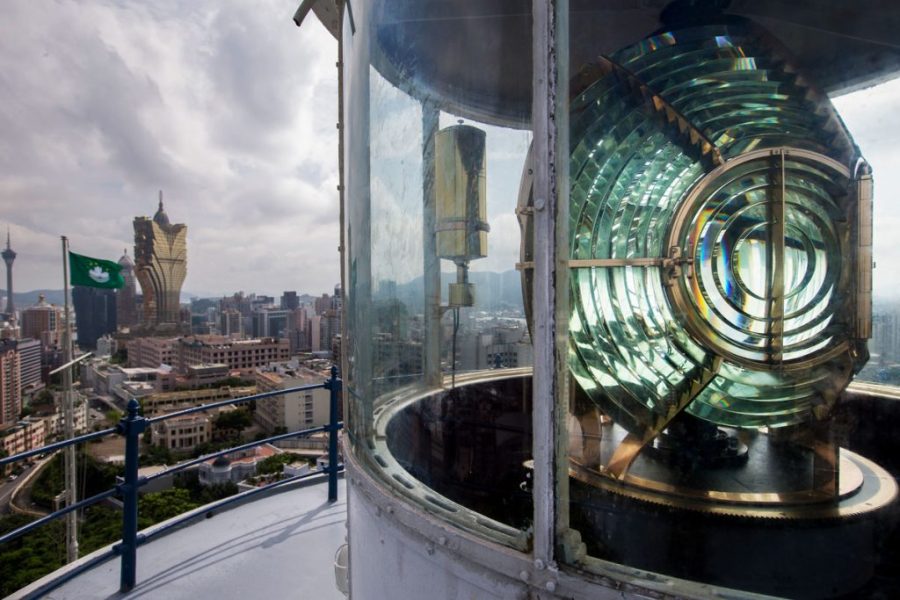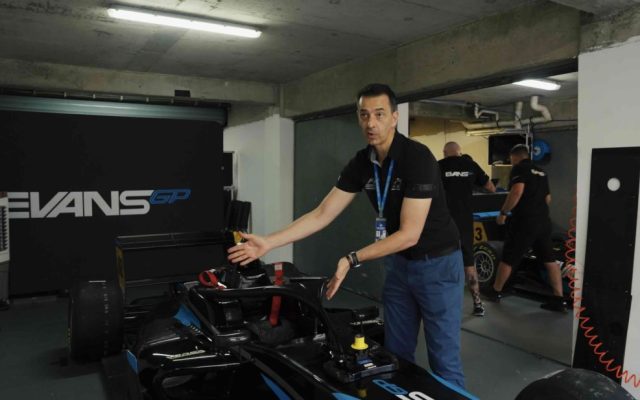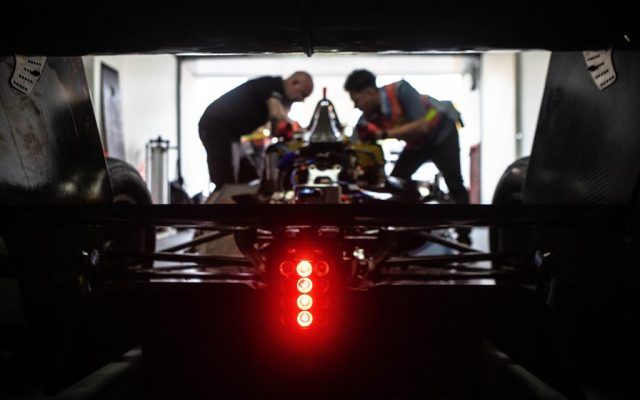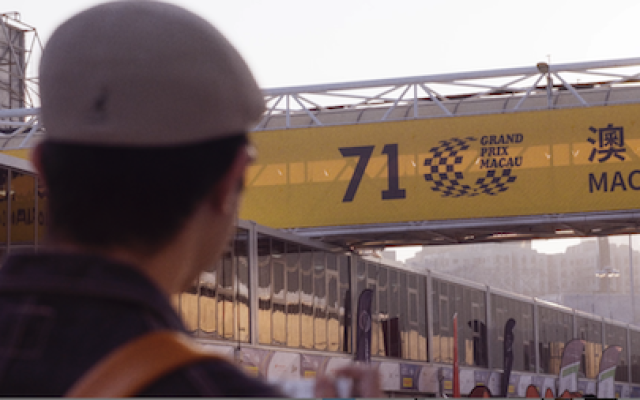Without a doubt, landmarks such as A-Ma Temple and the Ruins of St Paul’s deserve a place on your list of things to do in Macao. But what are your options once you’ve wandered through the city’s top attractions?
In an era when travellers seek authenticity when exploring a new destination, leads on what to see and do for those wishing to venture off-the-beaten-track are more important than ever.
To broaden your options, we’re sharing six best-kept secrets when it comes to things to see and do in Macao – including a skip-the-queue hack when you’re out shopping for the city’s most popular pastries.
Read on for the inside track on Macao. And shh, you didn’t hear about it from us.
1. You can go inside the Guia Lighthouse
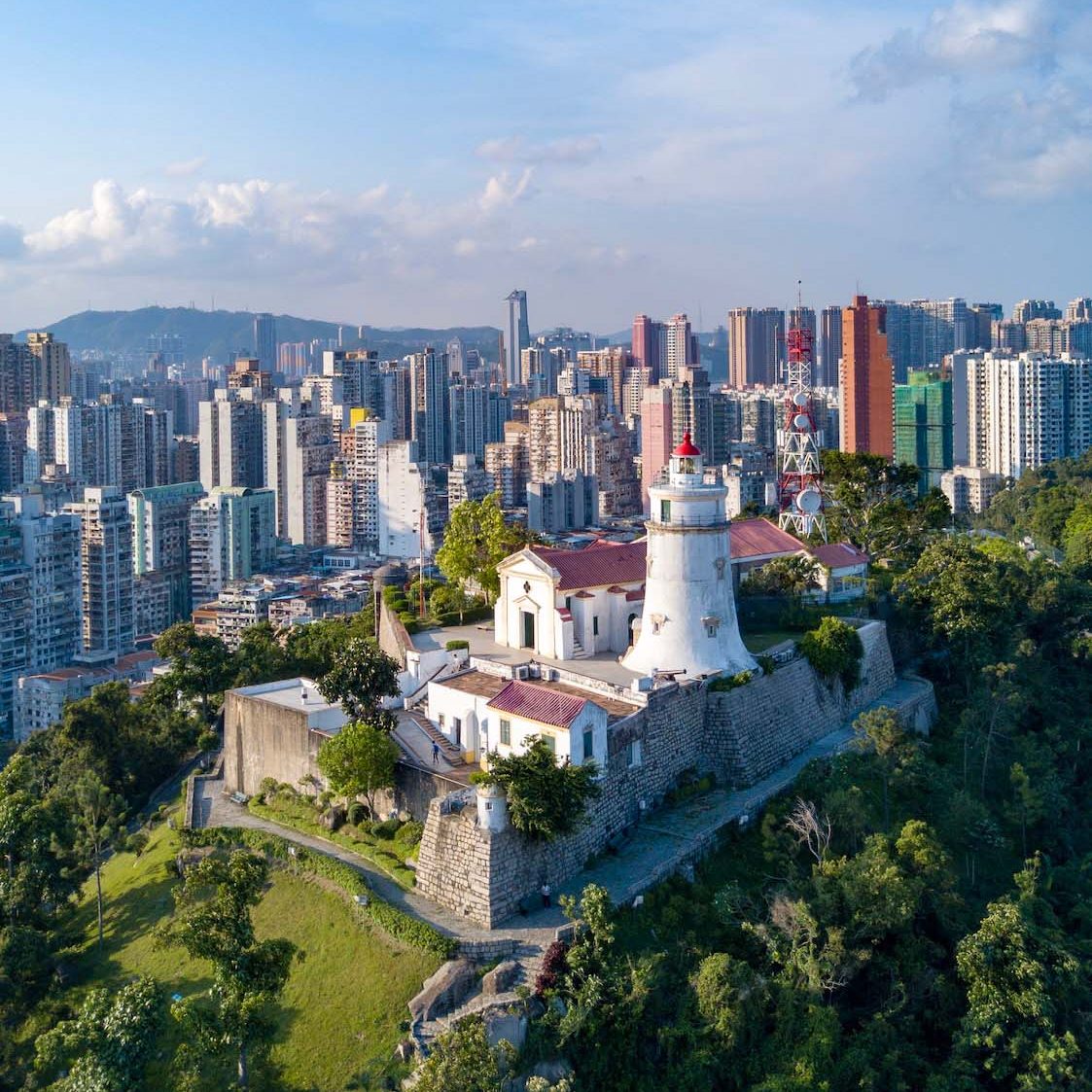
It’s not every day you get to step inside a lighthouse, let alone one with historic significance. But if you time your visit right, you can go into the Guia Lighthouse, perched atop Guia Hill. The iconic beacon was built in the 19th century and is said to be the oldest operating lighthouse on the China coast. Today, the Guia Fortress, of which it is a part, is a UNESCO-listed area and the lighthouse has become a cherished symbol of the city.
Every year in July, the lighthouse opens to the public on weekends, offering visitors a chance to climb up the narrow spiral staircase leading to a deck circling the beacon. Besides the experience of being inside a lighthouse – something little ones won’t soon forget – the visit comes with sweeping views of Macao.
2. It’s still possible to visit the Senate Library
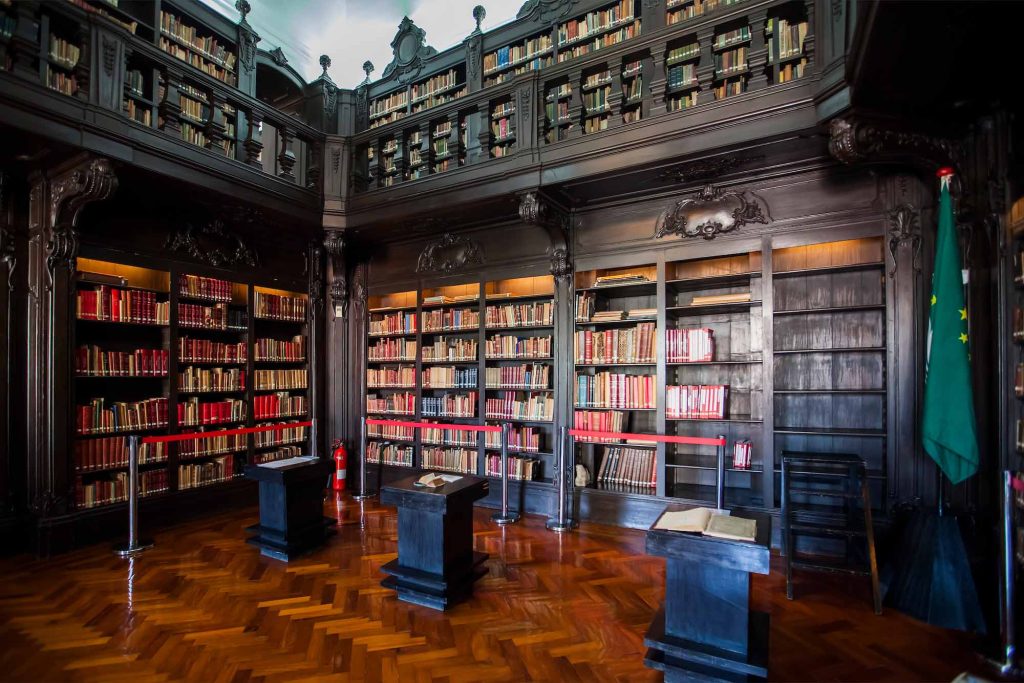
Housed in the former Leal Senado building – today the headquarters of the Municipal Affairs Bureau – the Senate Library is Macao’s oldest and home to a historic collection of 20,000 items, including materials donated by prominent figures of the time, such as the symbolist poet Camilo Pessanha.
Designed as a smaller version of the library of Convento de Mafra, near the Portuguese capital of Lisbon, the Senate Library has been hailed one of the finest in Asia. In an effort to preserve it, public access was restricted in early 2021. Visiting bibliophiles can still get in, however they must be affiliated with a research or academic institute of any kind. All they have to do is fill in this form (only available in Portuguese and Chinese) and submit it by email, five working days in advance of their intended visit.
3. You can avoid the long queues at Lord Stow’s Bakery
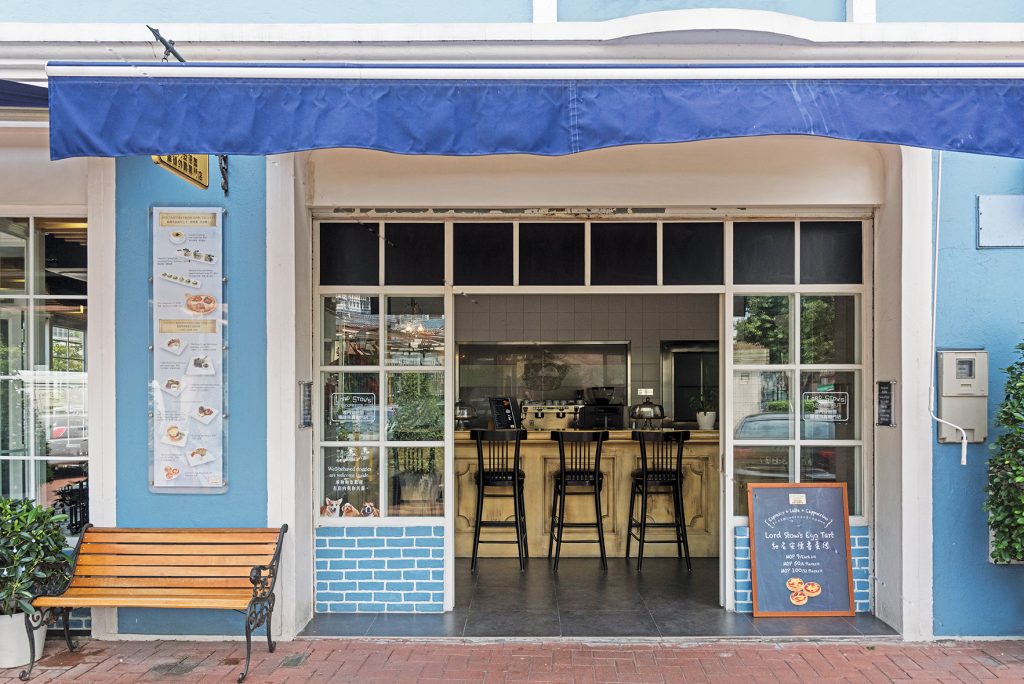
The egg tarts at Lord Stow’s Bakery are a justly famous variation of the Portuguese pastéis de nata, made with English custard, and featured in many guide books. However, their popularity can lead to long queues at the bakery’s original Coloane premises.
Here’s how to save yourself some time. There are actually four Lord Stow’s establishments in Coloane Village: the original bakery, Lord Stow’s Café (facing the water), Lord Stow’s Garden Café, with its distinctive blue façade and Lord Stow’s Express, which you’ll find next to the Garden Café.
Lord Stow’s Express in a tiny shop with nothing but a counter and some bar stools. It’s clearly been designed for customers to grab a quick coffee and a box of the famous tarts to go – but most tourists have never heard of it. You now know better, however, and don’t have to endure a long queue at the bakery before sinking your teeth into those flaky treats.
4. Some of the best Instagram spots are in the city’s hidden courtyards
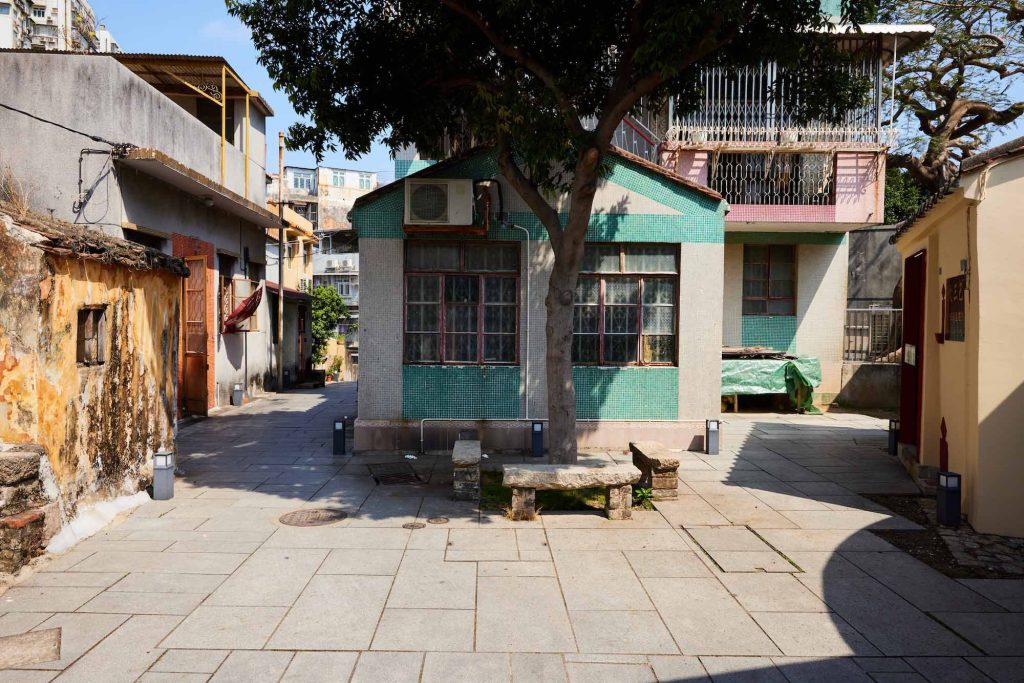
Macao’s urban fabric has undergone drastic transformation over the past 20 years, but in some parts it can feel as though time has stood still – especially in the hidden courtyards. There are an estimated 200 or so in the city – many in the UNESCO-listed Historic Centre of Macao – lined with traditional buildings and found down narrow alleys.
Many offer a real sense of community, with older residents lounging, chatting, hanging their laundry or taking care of their potted plants. Start by wandering through Pátio do Espinho, with its village-like atmosphere – you’ll find it hidden down a narrow lane accessible through Rua de Dom Belchior Carneiro. Or head over to the auspiciously-named Pátio da Eterna Felicidade (“Eternal Happiness Court”), a two-minute walk down from St Anthony’s Church. There are many more to discover and explore.
5. There are great views from the abandoned observatory
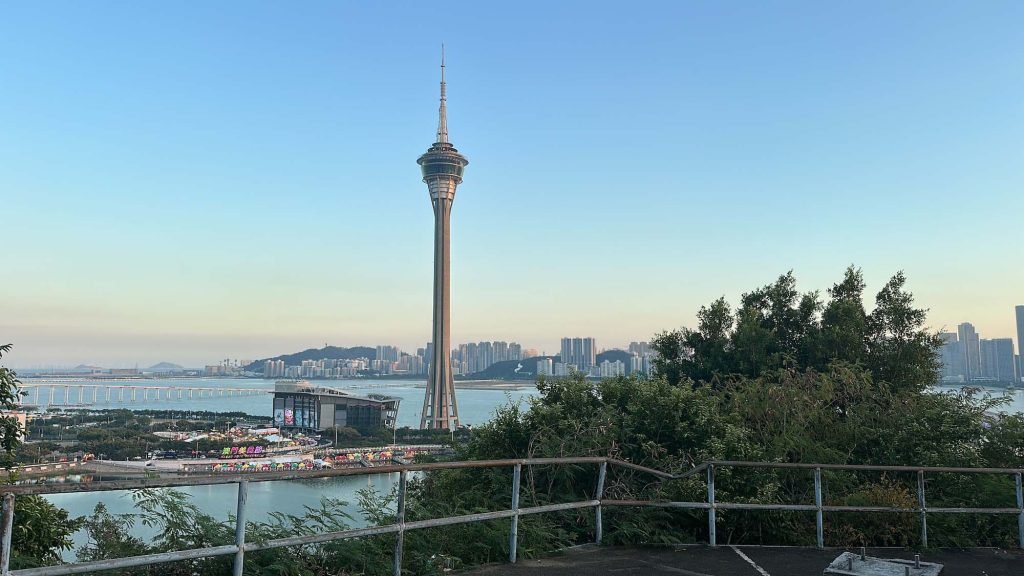
Lace up your sneakers. Macao’s old weather observatory, on top of scenic Penha Hill, is now a defunct (and heavily graffitied) structure partially reclaimed by vegetation. However, its adjoining terrace offers some of the best views over the peninsula, Taipa and Hengqin island. Even better: you’ll often have the place to yourself.
You’ll find it’s a 15-minute walk from the Chapel of Our Lady of Penha, in case you’d like to tick the 1622 edifice off your list too. Take a quick detour to check out the Santa Sancha Palace from outside, currently the official residence of the Macao government’s chief executive.
Cap off your Penha exploration with a meal at local institution Henry’s Galley for some of its Macanese specialties – their African Chicken is highly recommended.
6. The best cakes are found at São Januário Hospital’s cafeteria
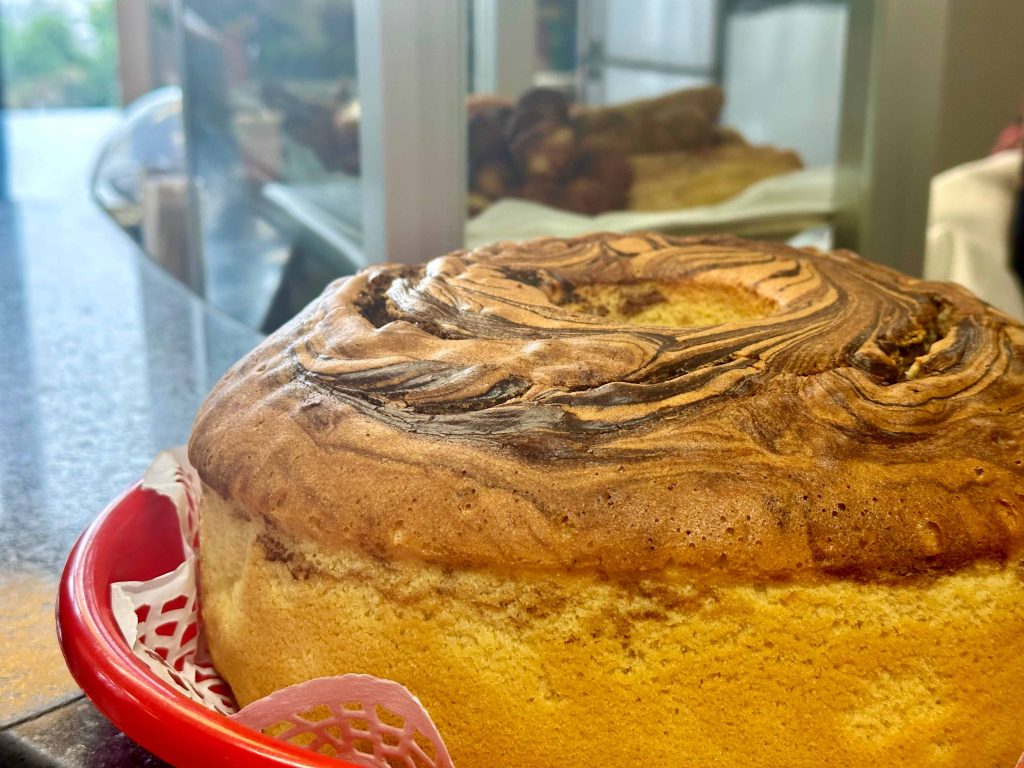
It’s rather unusual to see a visit to the public hospital’s cafeteria featured on a list of things to do in any given destination but, trust us, these cakes are that good – and only a true insider could tell you about them.
Locals have been known to pop by the public hospital to get a slice of the cafeteria’s famous sponge and marble cakes, which have that perfect homemade flavour and texture that’s so hard to come by.
We love that their cakes are always freshly baked, fluffy as can be and hit just the right level of sweetness. Pair with a freshly brewed coffee to best enjoy your baked remedy.
If you happen to need a whole cake, pop by the public hospital’s cafeteria (conveniently located at its main lobby) in the morning, before they sell out. They’re available in two sizes, starting at 140 patacas.
